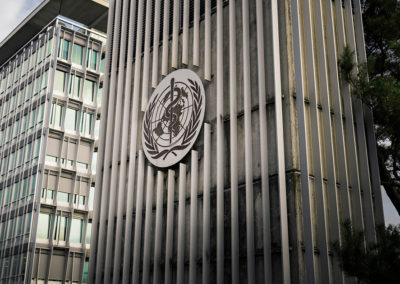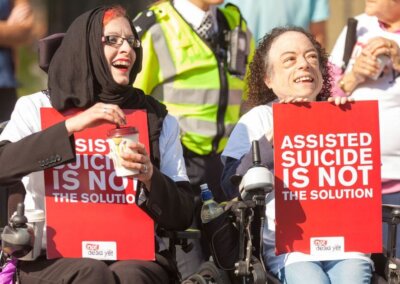Ecuador’s National Assembly has rejected an extreme bill which would have legalised abortion in cases where an unborn baby has a disability, such as cleft palate or lip.
On Tuesday, the proposal which discriminates against unborn babies with disabilities fell five votes short of the 70 required for its approval, with 59 assembly members voting against the bill and six refraining.
Had it been approved, the votes would have modified 45 articles of the nation’s penal code and created six provisions to allow abortion in cases where the baby is disabled and in cases where he or she was conceived through rape.
Ecuador’s current abortion laws have been in place since 1938 and allows abortion under exceptional circumstances, such as there is a risk to the life of the pregnant woman and after the rape of a woman with a mental disability.
According to official data, the current law protects over 500 unborn babies per year from abortion because they were prenatally diagnosed as having a disability.
There were scenes of anger on the streets of Quito, as dozens of abortion activists clashed with police outside the assembly’s building after lawmakers voted in favour of protecting life.
The last time the country debated changing the abortion law in 2013, the assembly voted against it.
Right To Life UK spokesperson, Catherine Robinson, said:
“Ecuadorian lawmakers continue to recognise that life is precious. The reality is that every successful abortion means that a human life has been ended. By voting to protect life, the Ecuadorian Assembly has saved thousands of unborn babies, and potentially more, from having their lives prematurely ended each year.”
“Disabled babies should not be discriminated against through abortion as they are in Britain, where abortion is permitted up to birth if an unborn baby has a disability. Politicians in Ecuador are right to recognise that disabled babies’ lives are just as important and valuable as everybody else’s.”











